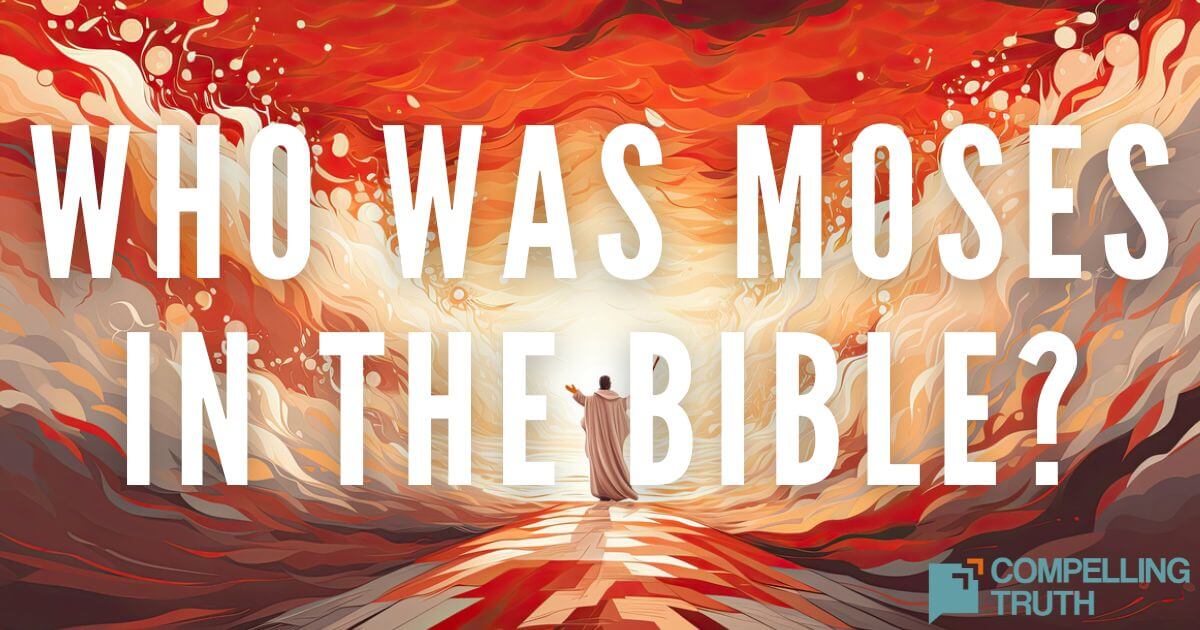Moses ascended Mount Sinai multiple times, receiving instructions from God and communicating God's covenant with the Israelites. These ascents were pivotal in establishing the foundation of the Mosaic Law and the relationship between God and His people. They reflect greater themes of intercession, mercy, and the anticipation of a mediator. Through Jesus Christ, God extends salvation and reconciliation to all humanity, mirroring the covenantal relationship forged at Mount Sinai. Just as the Israelites had the opportunity to enter into a covenant with God, all who trust in Jesus can experience the fullness of God's grace and love, emphasizing God's mercy and love seen through salvation.
The ascents to Mount Sinai were powerful because they emphasize God’s relationship with His people. It reveals the process of God making a covenant with Israel, creating laws, and speaking to Moses and through Moses to the people. The giving of the Law shows the holiness of God and what sin is (Romans 7:7); the Law served as the placeholder before Jesus's life, death, and resurrection (Galatians 3:24–25), and Moses speaking to God on behalf of the people was a great look at how Jesus intercedes to God on our behalf (Deuteronomy 18:18; Romans 8:34). The ascents to Mount Sinai show that God is a fully righteous and loving God who desires a relationship with His people. Just as God initiated a covenant with Israel and provided a way for them to draw near to Him through the Law, He extends a similar offer to all humanity through Jesus Christ. Jesus's death and resurrection serve as the ultimate sacrifice, providing forgiveness of sins and opening the door to a restored relationship with God for all who put their trust in Him (John 3:16; Romans 10:9). This offer is available to everyone, regardless of their background or past mistakes. God's love is evident in salvation (Romans 10:13). Thus, just as the Israelites had the opportunity to enter into a covenant relationship with God at Mount Sinai, so, too, do all who come to Jesus have the opportunity to experience the fullness of God's grace and love.




